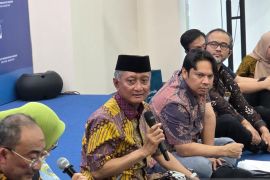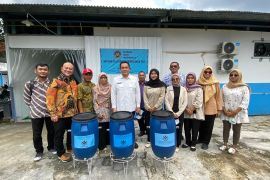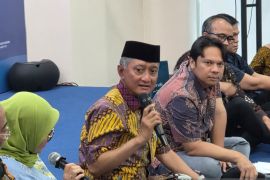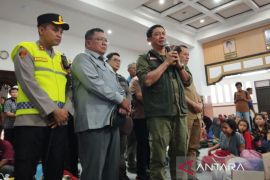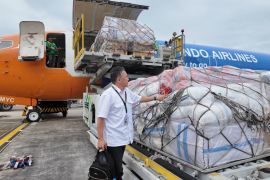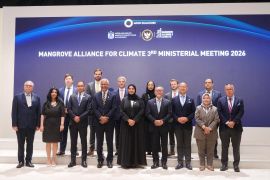"The Jakarta residents have not received comprehensive information on the project to reclaim 17 islands for developing business centers and settlements," Fahira, deputy chairperson of Committee III of the Regional Representative Council for Jakarta, noted in a statement, Thursday.
Most of the information reaching the public only revealed that the reclamation was necessary and a noble deed to solve Jakartas problems of land shortage, flooding, and coastal damage, she stated.
In fact, Fahira believes that the project was more business-oriented than in tune with the publics interests.
Therefore, the Jakarta senator has urged the residents to reject the reclamation project.
"For me, the fate of the reclamation project lies in the hands of Jakartas residents. It is time for Jakartas inhabitants to demonstrate that this city does not belong to either the provincial administration or the Regional Legislative Council, and moreover, even not the property developers," Fahira emphasized.
The officials and businessmen can have the clout, authority, and money, but once the inhabitants of Jakarta stand united in rejecting the project, the reclamation work must be halted, she remarked.
The arrest of three people in connection with a bribery case concerning the reclamation project should serve as a momentum for the Jakarta public to be more alert and vocal regarding development programs in the capital city, she pointed out.
"The alleged bribery case is a tip of the reclamation iceberg. There are plenty more controversies and problems regarding the ambitious project," she noted.
Fahira quoted the Corruption Eradication Commission (KPK) as saying that the Jakarta Bay reclamation projects case was considered to be a major corruption scandal as a lot of money was on stake and several people were involved in it.
The Jakarta senator also pointed out that in accordance with President Joko Widodos maritime axis vision, a coastal area, which was environmentally degraded, should be revitalized by the regional administration instead of being reclaimed, because fishermen in the coastal areas relied on it for their livelihood.(*)
Editor: Heru Purwanto
Copyright © ANTARA 2016



